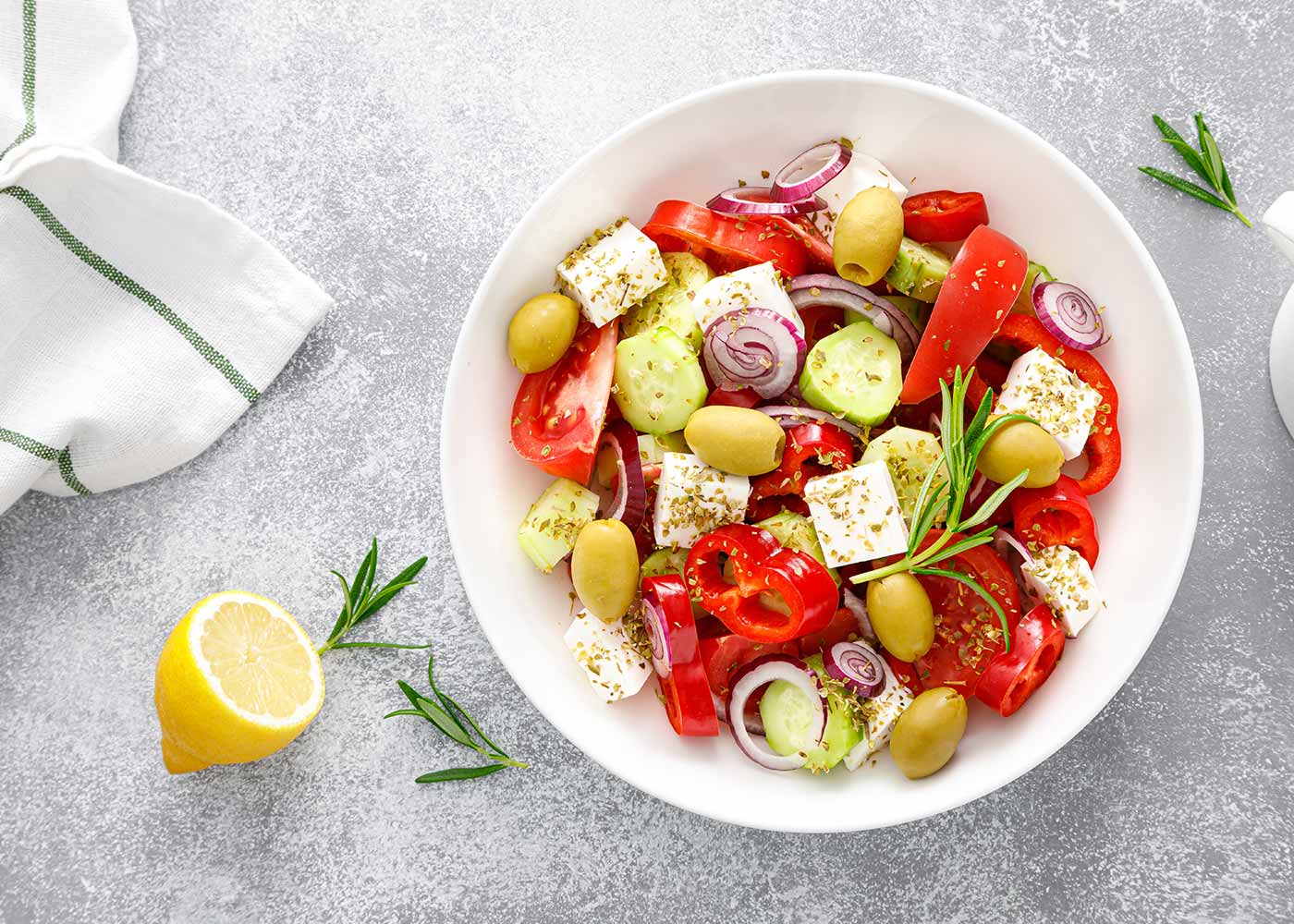There are viable reasons for Intermittent Fasting (IF) to go
from initial status as a wellness fad to a pervasive health scheme. A vegan diet combined with intermittent fasting will provide far more advantages than on its own. Using plant-based time-restricted eating methods can
also give users metabolic health benefits, besides
experiencing better overall wellness without adding weight.
Vegan intermittent fasting is a practice that you will have
to deliberate it and have a harmonious eating. It is a comprehensive guide on
plant-based nutrition and intermittent fasting with complete information on
what vegan fasting periods require you to recognise and take into account body
needs and what you need to do to stay perfect with a vegan lifestyle.
Why Combine Intermittent Fasting with a Vegan Diet?
Intermittent fasting works as a pattern (protocol) that
tells you when you will eat, not as a diet. Therefore, your body precisely
alternates between periods when it is eating and those in which it isn't. When
used together, a whole-food plant-based diet and fasting produce special health
advantages.
1. Enhanced Cellular Repair and Detoxification
Autophagy is activated during fasting, cleaving and creating
new functional cells in the body. It is the antioxidant-rich vegetables,
including leafy greens and cruciferous veggies, and berries that enhance the
health benefits of fasting when a fasting guide is included. Processed foods
and heavy animal fats cause the body a stressful load, so the body without any
stress from processed foods and heavy animal fats has better healing and
detoxification and renewal.

2. Improved Insulin Sensitivity
Blood sugar control is seen in the levels of fasting and a
vegan diet. Fasting methods are both active and help together to have a
beneficial effect in controlling blood glucose levels and increasing insulin
responsiveness. These changes will help lower your daily crashes and decrease
your cravings, and your mood will improve.
3. Cardiovascular Health Support
Independently, the combination of IF and veganism reduces
cholesterol and blood pressure levels. Together, they amplify heart-healthy
effects. Intermittent fasting, on the other hand, can be paired with vegan
principles by ingesting legume & whole grain consumption plus avocado &
omega 3 seeds, such as chia & flax, for good lipid health.
4. Weight Management with Lean Muscle Preservation
When you use intermittent fasting along with a vegan diet,
the main concern is the loss of muscle mass. At this point, it’s very important
to have the right strategic attitude. While on intermittent fasting vegan
periods, you can combine the eating of lentils with tofu and tempeh and
protein-rich grains such as quinoa and still lose body fat while keeping muscle
mass intact.
Best Practices for Intermittent Fasting on a Vegan Diet
Uniting effective dietary strategies rather than weight loss
will help us to be stronger. Keeping in mind these principles will yield the
best results from vegan fasting.
1. Choose a Fasting Method That Matches Your Lifestyle
Start your intermittent fasting period with a small time
restriction. Pay attention to your physical body’s signals. Fasting should
energize—not deplete—you.
Common vegan IF methods include:
- 16:8 – Fast for 16 hours, eat within an 8-hour window. This
is ideal for beginners and easy to sustain long-term.
- 14:10 – A gentler version of 16:8; ideal for those new to
both veganism and fasting.
- 5:2 – Eat normally five days a week, and reduce calorie
intake (around 500–600 calories) for two non-consecutive days.
2. Prioritize Nutrient-Dense Foods
Plant-based fasting is not a restricted diet. You should
reach most of your nutritional value in your limited eating periods. Focus on:
- Complex carbs – sweet potatoes, oats, quinoa for sustained
energy.
- Healthy fats – avocados, olive oil, nuts, and seeds to
support hormonal balance.
- Complete proteins – combine legumes with grains (like beans
and brown rice) to form complete amino acid profiles.
3. Hydration is Non-Negotiable
When fasting, abstaining from water is never part of the
practice because it is an essential component.
Stay hydrated with:
- Plain water
- Herbal teas
- Black coffee (in moderation)
Water consumption is important to keep digestive health as
well as physiological energy levels and mental alertness during fasting
intervals.

4. Supplement Smartly
Although the vegan diet is high in nutritional value,
specific essential vitamins and minerals might not be accessible in enough
amounts through a vegan diet fasting. Consider supplementing:
- Vitamin B12
- Vitamin D
- Omega-3 (from algae oil)
- Iron and zinc, if you have a deficiency
However, before starting any supplement plan, you should
consult with your healthcare provider.
5. Pre- and Post-Fast Meals Matter
The first foods to be consumed during non-fasting are easily
digestible foods which are nutrient-rich. Think:
- Smoothies with banana, spinach, flaxseed, and pea protein
- Overnight oats with berries, chia, and almond butter
Stabilizing dishes such as lentil stew or grain bowls, or
tofu stir-fries, are what you should have for your last meal during the period
of eating. It will keep you satisfied the entire night and prevent the blood
sugar drops that happen during the fasting period.
What About Exercise?
As with any exercise program, the decision of when and how
often you should exercise while fasting always goes back to you, since fasting
does not prevent you from exercising. But timing and fuel matter. For those
doing strength or endurance training:
Fasted workouts are ideal for people who can do yoga and
walking with no food, since fasted workouts are very suitable if you do low-intensity
activity.
However, according to my research, to create enough calories
without eating during a long fast, you should consume a small serving of
protein-rich food before exercise.
The plant protein you consume after your workout intervals,
during fasting, contributes to the better healing of your muscles. The rice
proteins, hemp proteins and soy proteins are all vegan-friendly protein
sources.
The Bottom Line
Vegan intermittent fasting is based on a scientific basis,
hence it can have much desirable impact on the metabolic system of the body,
along with good energy levels and mental clarity. Keeping your fasting schedule
about natural body cycles and the foods that complement your bodily
requirements is the success factor.
The more strategic the timing of meals, the more the
nutrient-dense whole plant foods you select, the better digestion and weight
management you can achieve, the deeper metabolic efficiency and cellular health
you can activate.
With that in mind, it doesn’t make sense to embark on
plant-based time-restricted eating without some prior prep work. First, start
with short fasting periods and listen to your body; change your vegan fasting
timetable only after. In any situation, consistency is still better than
intensity.
Energy Meal Plans is your nutritional support system with
specially designed eating plans to aid you in goal achievement while fasting to
support better focus or weight loss, or a longer health span. Consequently, by
using plant-based solutions, your health will not be just maintained but will
attain its maximum potential with the right tools, together with the right timing.






























